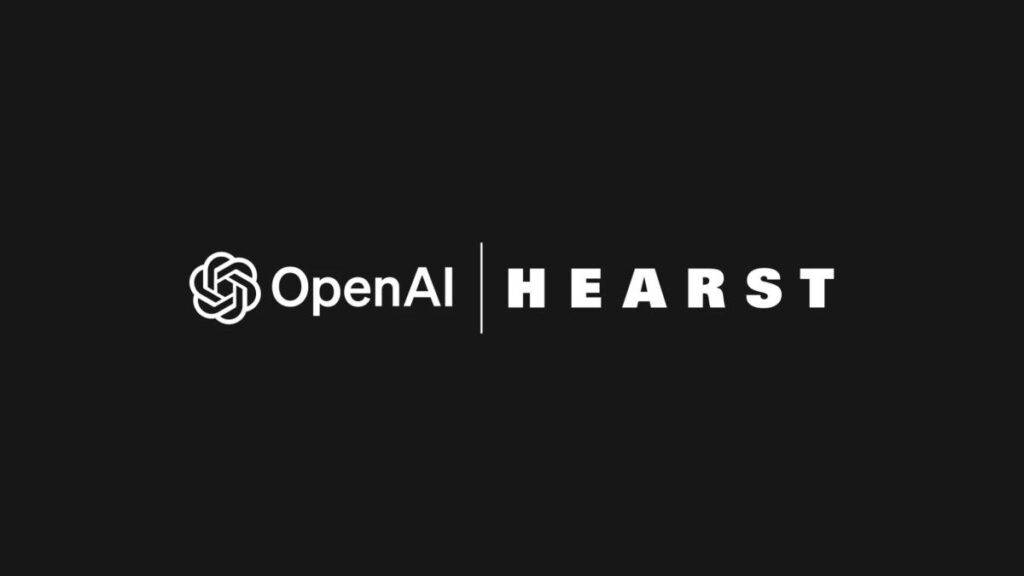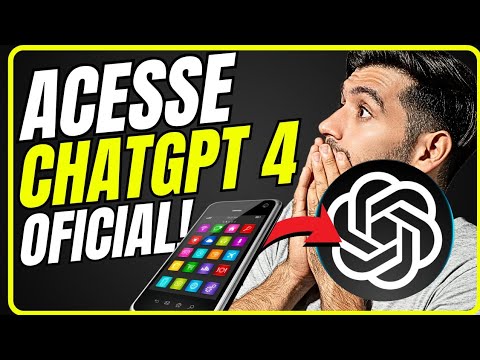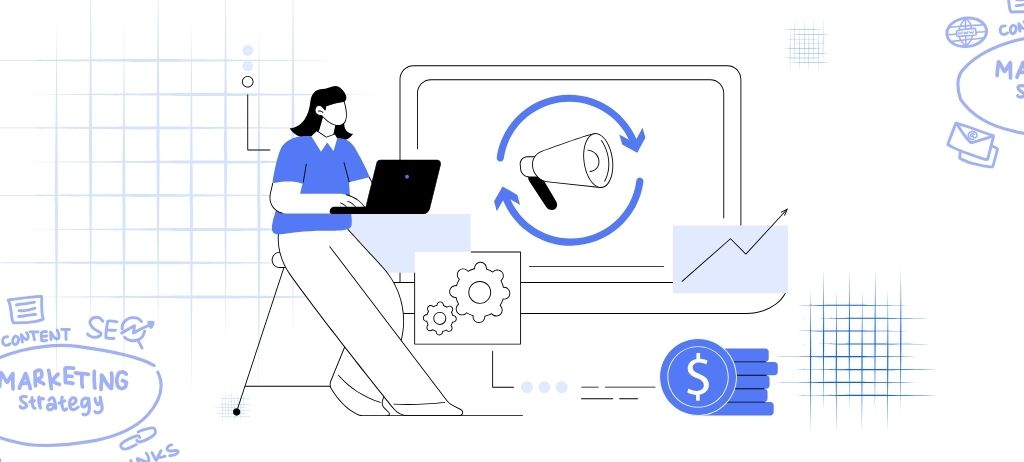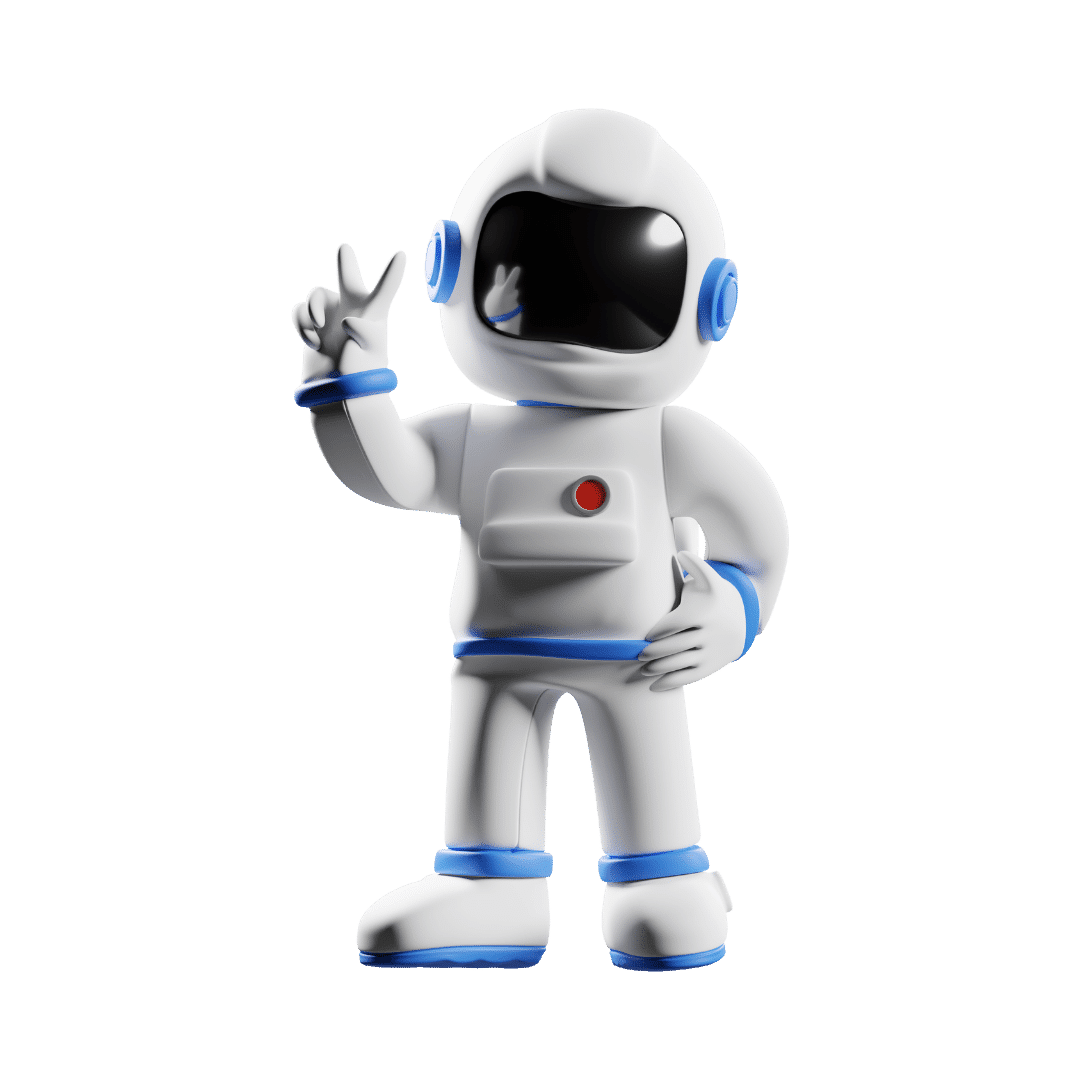Hearst has become the latest major US publisher to sign an agreement to license its content to ChatGPT creator OpenAI. As part of a partnership announced on Tuesday, content from more than 60 Hearst-owned publications will appear in ChatGPT and other OpenAI products. Some of the publisher’s more notable properties include Esquire, Cosmopolitan and Elle. It also owns newspapers like the San Francisco Chronicle. When Hearst content appears in ChatGPT, the software will provide citations and direct links.
The organizations did not disclose the financial terms of the agreement. Unlike the partnership OpenAI signed with Dotdash Meredith in May, its deal with Hearst doesn’t appear to include a plan for the two firms to collaborate on ad tech.
“As generative AI matures, it’s critical that journalism created by professional journalists be at the heart of all AI products,” said Jeff Johnson, president of Hearst’s Newspapers unit. “This agreement allows the trustworthy and curated content created by Hearst Newspapers’ award-winning journalists to be part of OpenAI’s products like ChatGPT — creating more timely and relevant results.”
The announcement comes less than a week after news broke that OpenAI had recently raised a record-breaking $6.6 billion in new venture capital funding. Since the start of 2024, OpenAI has signed licensing agreements with The Financial Times and Condé Nast, the owner of publications like Vogue, The New Yorker and Wired. At the same time, not every publisher has been so keen to work with the AI giant. At the end of last year, The New York Times sued OpenAI, with Alden Capital Group publications like The Chicago Tribune and New York Daily News, later launching a suit of their own.
Update, October 8, 6:50PM ET: This article was updated after publishing to clarify that Alden Capital Group publications are suing OpenAI, rather than Alden Capital itself.










